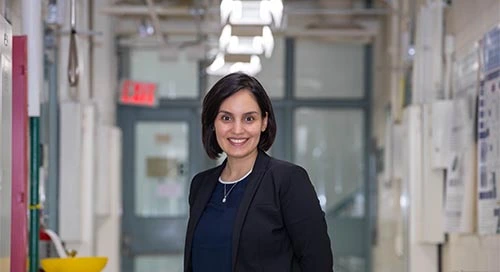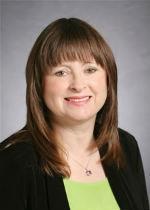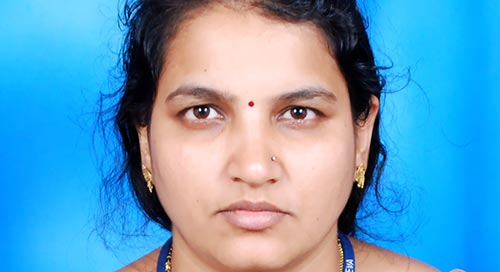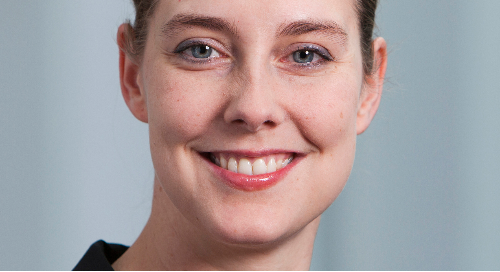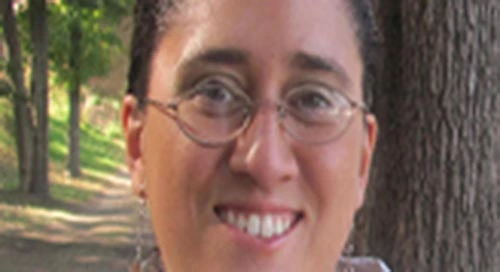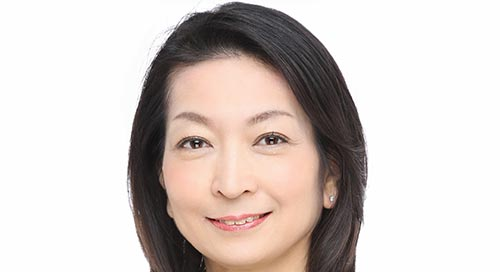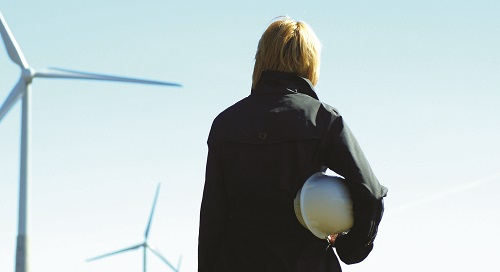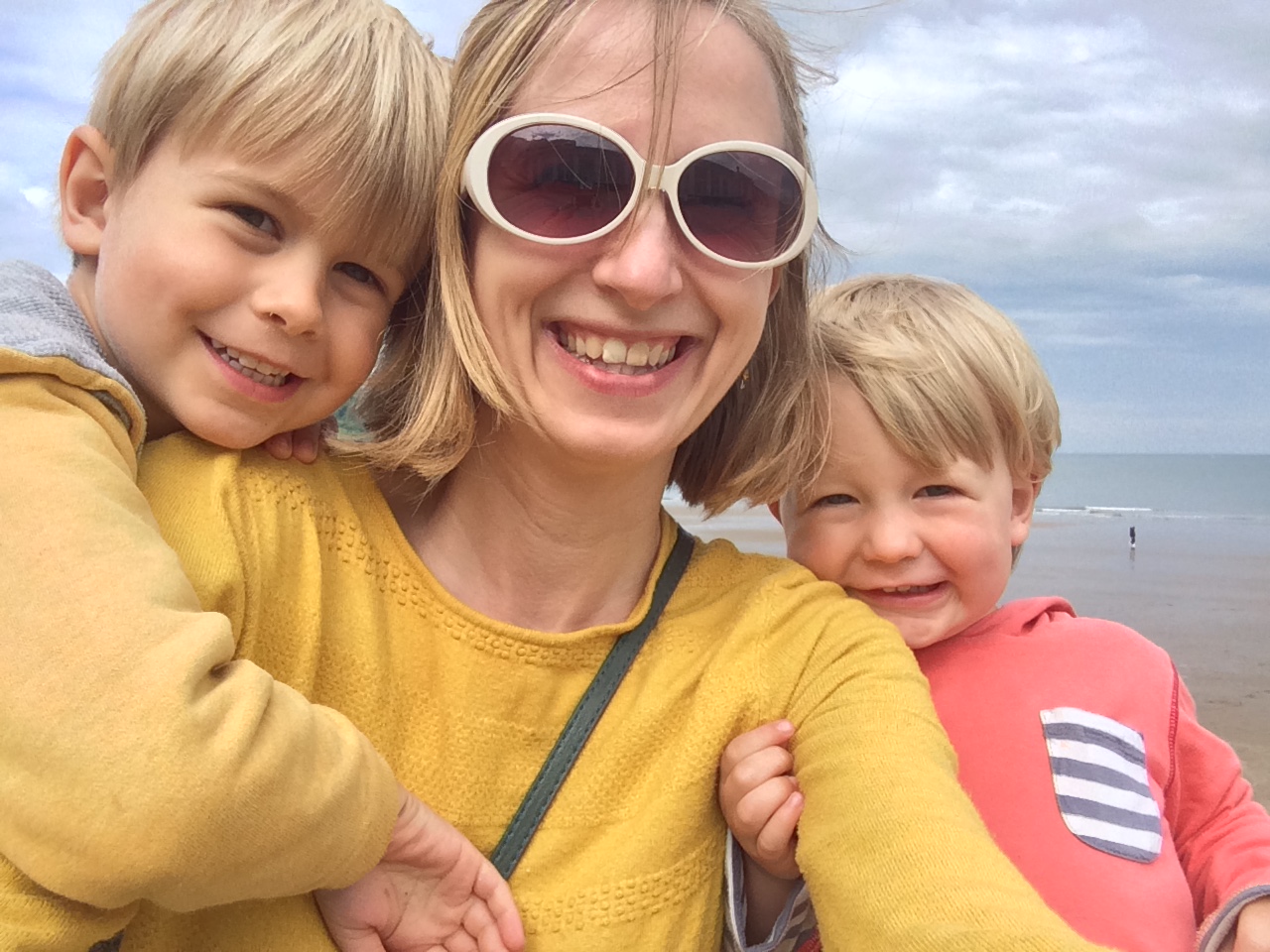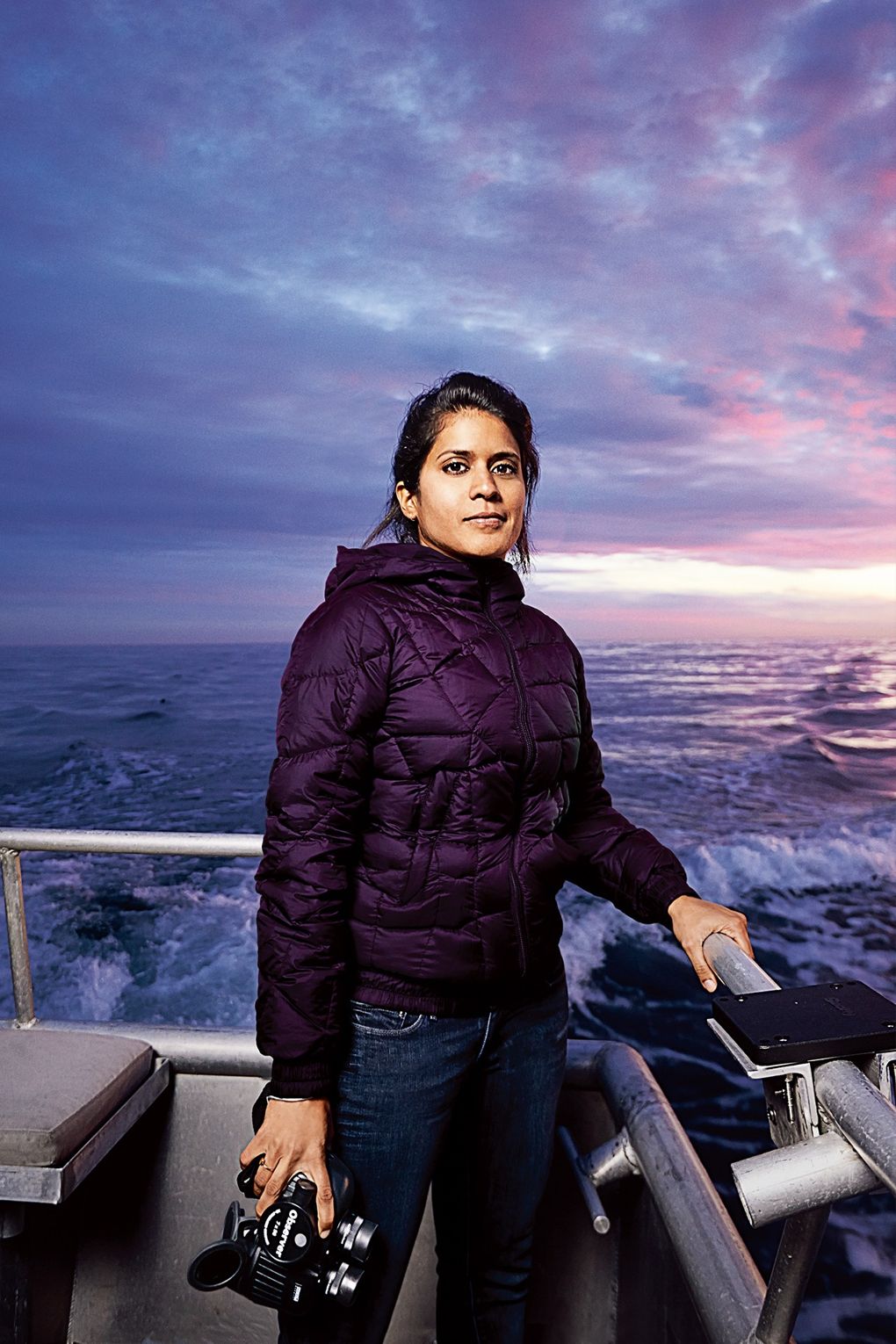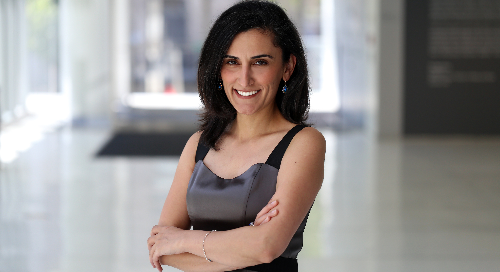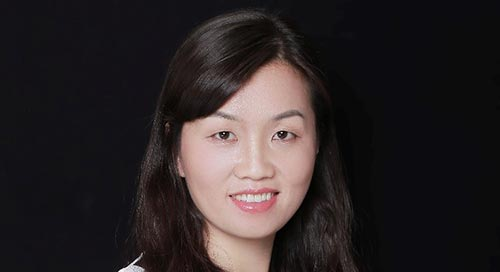women-in-engineering-an-interview-with-natalie-stingelin
September 29, 2022
It’s no secret: Engineering is not just a man’s world. Perceptions – along with demographics - are shifting, and Wiley are proudly part of the movement to raise the profile of women in engineering, to inspire future generations.
Here, we celebrate engineering researchers in a collection of interviews with authors, editors, editorial board members, and society contacts. In this piece, we meet Natalie Stingelin, who is on the editorial board for Advanced Functional Materials.
Name, job title & area of research/work?
Natalie Stingelin, Professor of Materials Science.
Area of research: organic electronics and photonics, functional polymers, inorganic/organic hybrid systems for optical applications.
How or why did you choose Engineering as a career path/area of study?
Essentially by necessity; I wanted to become an architect but being left-handed, technical drawing with ink was challenging (this was before computer-assisted drawing was introduced). Hence, I opted for an engineering study. I chose Materials Science and Engineering simply because it was the smallest engineering degree at that time (around 20 students, of which I was the only woman), and because it seemed to be a fascinating combination of chemistry, physics, mechanics, and maths.
What inspires you about Engineering?
To be continuously challenged and to be able to continuously ask new questions. That is, whenever we think we may solve a scientific question, ten new questions open up. This forces us to never be satisfied – which I think is very healthy.
What challenges do women face in the Engineering professions/academia?
Gaining respect. While within the field of expertise that generally is not an issue, it still is if the circle is widened. One still too often gets ‘overlooked’ or mistaken as the secretary.
What is the ratio of female to male in your workplace/faculty?
5 out of 40 (in the department).
What is the most exciting thing about your job?
Discussing with colleagues (including students) research, being challenged with respect to our understanding and pushing it forward; seeing Ph.D. students grow into research leaders.
What does a typical day in your job involve?
Emails, communicating with my Ph.D. students, planning on proposals, interactions with colleagues, and collaborators regarding projects, larger center activities, vision for where to take these centers/department.
What kind of impact would bring you great satisfaction in your work?
A student of mine excelling (e.g. in a conference presentation).
What are your hopes for the future of Engineering?
I truly believe, as an engineer, we can have an impact on the sustainability of the earth with respect to energy generation, reducing our energy consumption as well as finding ways how we can find engineering solutions to feed the world’s population.
What would you say to girls in school/college who may be considering Engineering as a career choice/study option?
(a) Engineering is fun! Where can you work and your job is your hobby? (b) As an Engineer you can contribute to solving important problems and by doing so, you may also truly make an impact on the earth. (c) As an Engineer, it is likely you will be exposed to ‘worlds’ way beyond yours; so you will not only grow scientifically/technologically but also culturally. You can become a world citizen if you like.
| You can check out the full collection of interviews at | |
| Women in Engineering | |
| Help us to inspire by sharing our Women in Engineering stories on Facebook and Twitter! | |

